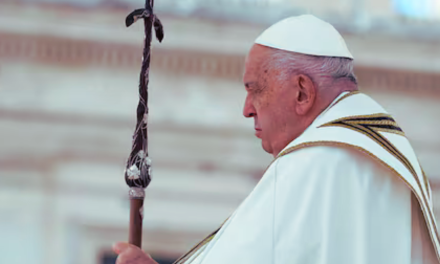Nepal ushered in the New Year 2082 BS today, Monday, with colourful celebrations, spiritual rituals, and optimistic resolutions, marking the dawn of a new chapter for the nation.
The first day of Baishakh — known as Baishakh 1 — holds great cultural and spiritual significance as it signals the start of the Bikram Sambat calendar, widely followed throughout Nepal as the country’s official calendar system.
Across towns, cities, and rural villages, people came together for family gatherings, temple visits, and festive events. From offering prayers at temples and monasteries to exchanging warm wishes with loved ones, the atmosphere was filled with cheer, hope, and reflection.
According to Nepal’s solar calendar, Baishakh 1 marks the official beginning of the year. In contrast, the lunar calendar celebrates New Year on the first day of the bright fortnight of Chaitra. The Bikram Sambat calendar, rooted in the ancient Hindu Panchanga system, remains a respected and authoritative timekeeping tradition in Nepal.
As part of the celebrations, families and friends gathered on the evening of the final day of the old year to bid it farewell with joy, music, and heartfelt moments, embracing the New Year with renewed optimism.
Many people visited religious sites to offer prayers, express gratitude, and seek blessings for the months ahead. It’s also a time for self-reflection, with individuals making personal resolutions to overcome challenges and embrace the year ahead with fresh energy and determination.
New Year 2082 BS brought together both ancient traditions and contemporary joy, reminding Nepalis of the importance of community, resilience, and hope for the future.















